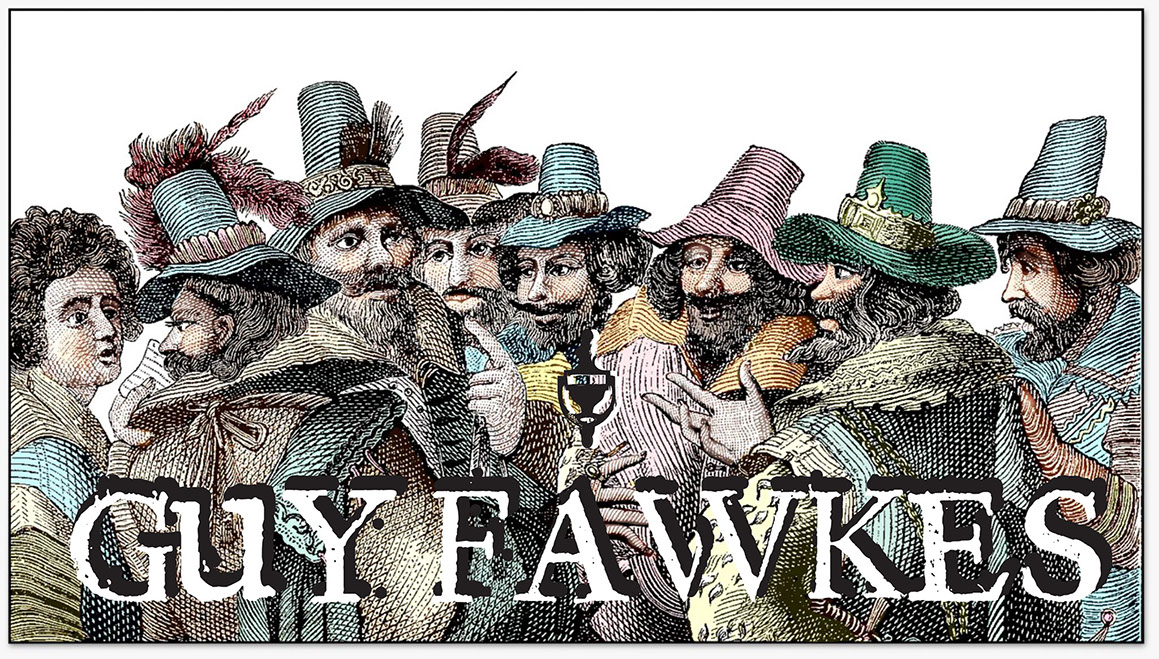Sunday, October 29, 2023
A PROTESTANT HISTORIAN CONVERTS TO THE CATHOLIC CHURCH
Monday, May 22, 2023
Origin of Life ?
Are we getting closer to discovering how life first emerged?
Will scientists be able to create life in a lab in our lifetimes?
Dr. James Tour is a chemist and nanotechnologist who has been following origin-of-life research closely for years. Discusses these questions and more.
Saturday, April 15, 2023
Did the Council of Trent Contradict the Second Council of Orange?
Here is an excellent article comparing the Council Trent with the Second Council of Orange. Trent was an ecumenical council calling all the bishops of the Church to attend or with representatives and held as binding on all Catholics. The Second Council of Orange was a local council, but received papal approval by Pope Felix IV, making them binding on the Faithful.
Many Calvinists think the Second Council of Orange approved of their theology. This article explains how this is incorrect.
Just as a helpful note on "actual grace" or "helping grace" and "sanctifying grace":
In Christian theology, "actual grace" or "helping grace" and "sanctifying grace" are distinct concepts.
"Actual grace" or "helping grace" refers to the temporary assistance given by God to help a person to perform a specific good action or avoid a specific evil action. This type of grace is said to be "actual" because it refers to God's grace accepted by a person to help him to act according to His will, man is always free to reject such graces.
On the other hand, "sanctifying grace" refers to the state of grace in which a person is placed when they receive God's forgiveness for all their sins and are reconciled into Him in Baptism. This type of grace is said to be "sanctifying" because it transforms a person to be holy, remitting all sin, and transforming them from a state of sinfulness to a state of righteousness and making him or her an adopted child of God and incorporates one into the Mystical Body of Christ-- the Church.
While actual grace is temporary and specific to a particular situation or action; it is available before and after justification. Sanctifying grace (justification) is transformative, changing the very nature of the person into a child of God. Sanctifying grace can be lost by mortal sin (and regained through the sacrament of confession) but being a child of God can never be lost the soul is marked or sealed and this is permanent:
Ephesians 1:13
"having also believed, you were sealed in Him with the Holy Spirit of the promise"
In short, actual grace is a temporary assistance to help a person act in accordance with God's will, while sanctifying grace is a transformation that makes a person holy and righteous.
-----------------------------------------------------------------------------------
From:
calledtocommunion.com
John Hendryx is a PCA member who studied at Reformed Theological Seminary and owns and edits Monergism.com, a well known Reformed website and online Reformed library and bookstore. He has posted an article claiming that the sixth session of the Council of Trent (AD 1547) is at odds with the Second Council of Orange (AD 529). Because the acts of the Second Council of Orange were approved by Pope Boniface II on January 25, in AD 531, if Hendryx’s claims were true, this would imply that at the Council of Trent the Magisterium of the Church rejected soteriological doctrines it had previously affirmed over a thousand years earlier, and would thereby strengthen the Reformed claim to have preserved the authentic soteriology of the early Church. Here I show two things: first, that the Tridentine canons Hendryx thinks are contrary to the doctrine promulgated by the Second Council of Orange are not only entirely compatible with the teaching of Orange but in full continuity with it, and second, that in multiple ways Reformed theology deviates from the soteriological doctrines taught at the Second Council of Orange.

Interior of the Cathedral at Orange, France
Hendryx quotes the following three canons from the Second Council of Orange.
CANON 5. If anyone says that not only the increase of faith but also its beginning and the very desire for faith, by which we believe in Him who justifies the ungodly and comes to the regeneration of holy baptism — if anyone says that this belongs to us by nature and not by a gift of grace, that is, by the inspiration of the Holy Spirit amending our will and turning it from unbelief to faith and from godlessness to godliness, it is proof that he is opposed to the teaching of the Apostles, for blessed Paul says, “And I am sure that he who began a good work in you will bring it to completion at the day of Jesus Christ” (Phil. 1:6). And again, “For by grace you have been saved through faith; and this is not your own doing, it is the gift of God” (Eph. 2:8). For those who state that the faith by which we believe in God is natural make all who are separated from the Church of Christ by definition in some measure believers.
Friday, November 4, 2022
Founding of Christendom : Constantine (part 1) post 26
 | |||
| Chi Rho is one of the earliest Christian symbols. |
We have finally reached the part of Christendom history that the fog begins to lift and history becomes more clear.
Pagan Rome will now be defeated by Constantine, and in my opinion with the help of his mother Helena. Helena was a woman of low birth and she was probably born around 248 AD. Living through three great persecutions of Christians by emperors: Decius (249 AD–251 AD) Gallus (251 AD–253 AD) Valerian (253 AD–260 AD).
HELENA MOTHER OF CONSTANTINE
St. Ambrose said she was a daughter of an innkeeper, and a Greek speaker in Turkey; she was probably a "stable-maid." Her husband, Constantine’s father, Constantius Chlorus, was Serbian by birth. They met while Chlorus was still a soldier with no political rank. Helena and Chlorus may have been married (about 270 AD), but it isn’t clear. Some refer to her as a concubine, with no legal marriage but also his wife. If Hellena were a secret Christian, they could have been married secretly by a Catholic priest, and never ratified by a pagan ceremony. This would clear up her being both. Chlorus divorced her in 294, as a political move, most saying her humble origins were a liability, but more likely for political reasons.. They were married for more than 20 years. Constantine was born in 272 AD. Helena was banished, as a “concubine,” after the divorce and left to live alone near the court of Diocletian. She suffered like that for many years, but she was close to her son who also lived at the court.
Whether Helena was born to a Christian family and kept it secret, or whether she converted later in life, we don’t know. Church Historian Eusibius says she was converted by her son Constantine, after he became Emperor.
Saturday, October 29, 2022
The Anti-Catholic Roots of Halloween
 |
Plymouth, Massachusetts, is thought to be the site of America’s first Thanksgiving meal.
Plymouth, where the Mayflower Pilgrims landed and founded the first colony in 1620 also became the first town to hold “Pope Night,” (Nov.5) three years later. It was far from a celebration of the Bishop of Rome, it was to mock the Pope and Catholics.
Pope Night was a vehicle for expressing anti-Catholic sentiment even more than Guy Fawkes Day, which was its inspiration. Guy Fawkes Day was commemorated every 5th of November in England, recalling the supposed failed attempt of Catholic plotters, including Guy Fawkes, to blow up the House of Lords in London.
By the 1770s, just before the American Revolution, Pope Night had taken on so many traditions that it was difficult for participants, especially in Boston, to give it up. Eventually, this tradition changed into a more benign celebration on Oct. 31st that we now know as Halloween.
Tuesday, October 25, 2022
Guy Fawkes Day-- Myth?
 |
Did members of a government faction set up the plot themselves? So they could crack down on Catholics?
The Gunpowder Plot (Nov. 5, 1605) was supposedly a conspiracy by a number of Catholics. The best known of these was Guy Fawkes, but Robert Catesby was allegedly the mastermind, second only to the Jesuit superior named Henry Garnet. The gunpowder laid in a cellar under Parliament for about 6 months, before it was even discovered.
The real history of the plot may never be known. But the evidence lies heavily that Lord Cecil and his minions were the real plotters.
It was an elaborate misadventure. The conspirators were supposed to have rented a house and from within this house they dug a tunnel to Parliament. But before completing the tunnel and just reaching the foundations of Parliament-- they stopped. They discovered a cellar under parliament. Thus instead of tunneling, they snuck huge barrels of gunpowder into the cellar, where the barrels remained waiting for 6 months, until Parliament's first day of opening.
The government claimed to have discovered the plot 10 days before Parliament was to meet.
Lord Monteagle, a Catholic, got an anonymous letter delivered by an unknown man. The letter, couched in incoherent language, warned him that it would be wise to be absent for the opening ceremony of Parliament.
Monteagle took the letter at once to Lord Cecil, the king being out of town on a hunt, and Cecil figured out its meaning and gave it to the king five days later.
Saturday, September 24, 2022
Apologetics: Did the Church Ever Support Slavery?

The myth persists of Catholics approving slavery, because there were individual Catholics who supported slavery or owned slaves or some nations, even Catholic Portugal promoted it.
If you ever see the movie "The Mission" the controversy of ownership of the land of the Mission was whether it was Spanish or Portuguese rule. Although it isn't the main part of the story, it involved slavery, which was illegal under Spanish law but not under Portuguese. Slavery was similar to today's issue of abortion, some Catholic countries outlaw abortion, while some so called Catholic countries allow it. Both slavery and abortion are human rights issues.
Scholars, with an axe to grind, use bad Catholics or wayward Catholic countries as “proof” that the Church accepted slavery, without drawing the necessary distinction that what individual Catholics, or "Catholic" countries may do, does not necessarily reflect the official teaching of the Catholic Church.
Why Tariffs Are Not a Tax on the Poor: Rethinking American Trade Policy
I. Introduction: The Charge Against Tariffs For years, critics of protectionism have repeated a simple refrain: tariffs are a tax on consume...
-
By drawing from Scripture and the teachings of Scott Hahn and the St. Paul Center The Catholic priesthood did not emerge in a vacuum. Roote...
-
Most Holy Father, Your election comes at a time of great upheaval. The world trembles beneath the weight of change—technological, social, an...
-
I. Introduction: The Charge Against Tariffs For years, critics of protectionism have repeated a simple refrain: tariffs are a tax on consume...